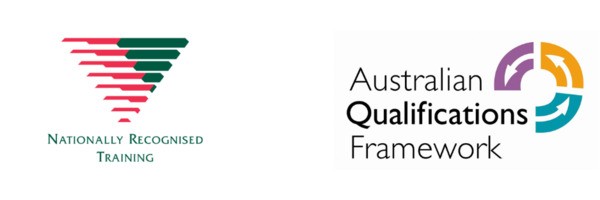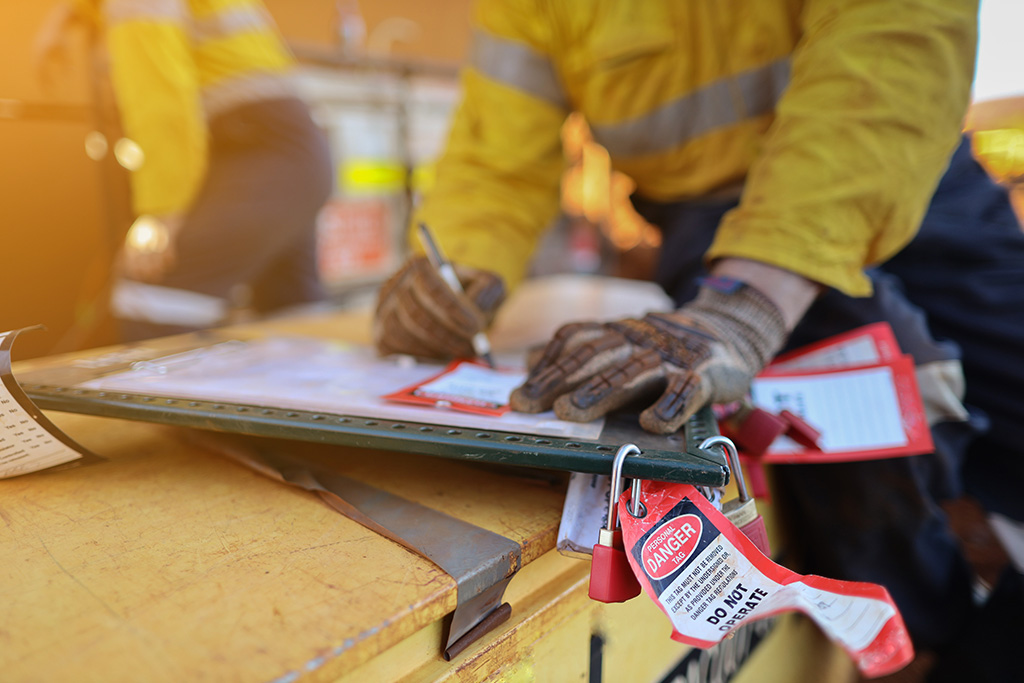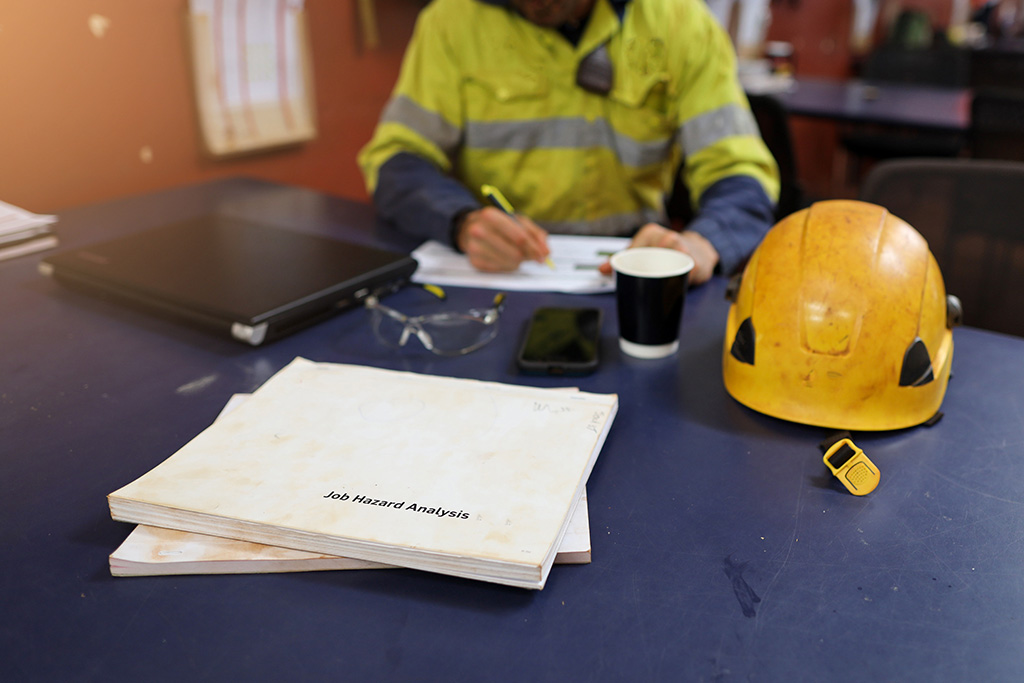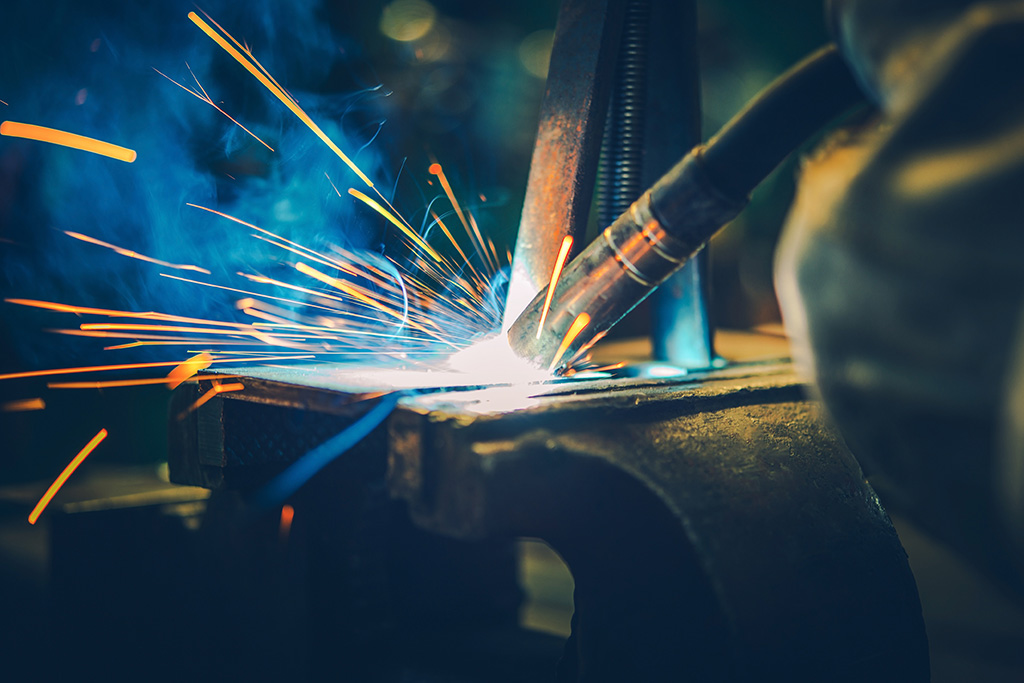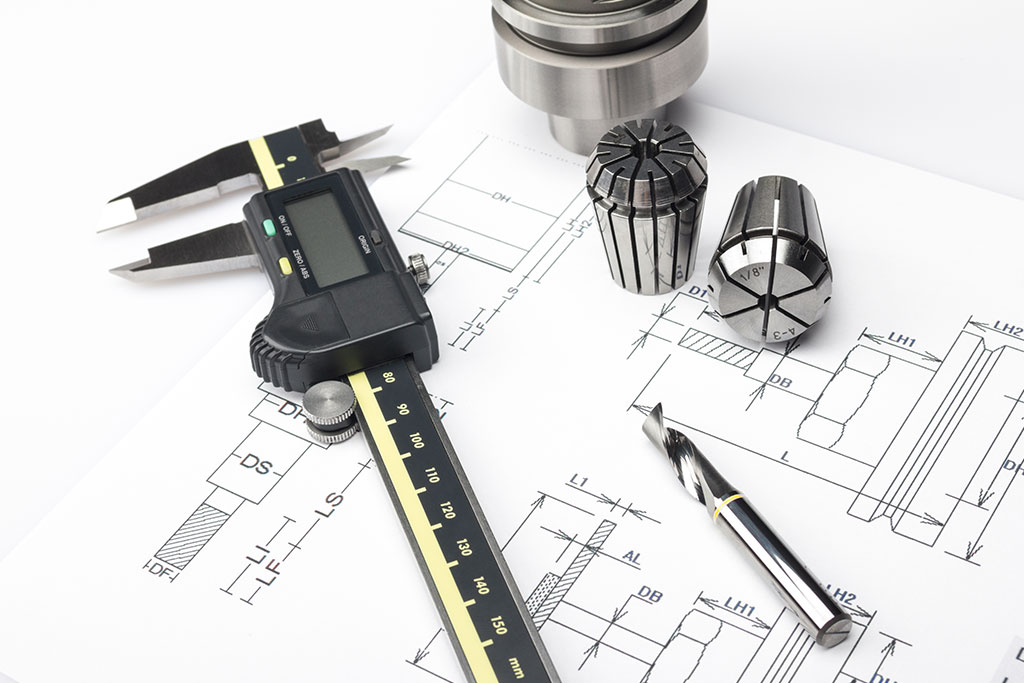We want you to gain all the recognition of prior learning you can for your on the job skills through an intensive skills assessment so that you have certification for your skills and knowledge. We have a set price for Cert Engineering 3 and 4, respectively, and you can download our fees and pricing structure, or you can contact us if you require more information on our process or certification.
Free Qualification Check Australia
OUR RESOURCES
Free Qualification Check Australia
When you seek out a pre-enrolment eligibility check in Australia, you might discover that you have practically all the skills required to obtain an Australian qualification that could create new employment opportunities. If you’ve been working in engineering-related fields such as boiler making, welding, or even plant design, you’ve probably acquired valuable skills and experience over time. Many of these skills may be the same or similar to what you might learn in a classroom environment. The only difference is that you learned in a hands-on manner — and you don’t have the paperwork to show for it.
At Trade Skills Australia, we can help you assess your skills and determine whether you could pursue a prior learning assessment to earn an Australian qualification without additional and expensive training. Consider what makes that such a valuable proposition.
The Benefits of RPL Qualifications from Trade Skills Australia
Why try to convert your experience into an Australian qualification when you may be comfortably satisfied with your current job performance? Think about the future, and it becomes clear that RPL qualifications offer many benefits, such as:
-
- You can skip expensive and unnecessary training to “re-learn” skills you already know. Why invest the money, and especially the time, necessary to sit through training sessions when you can prove you already know the material very well? Pricing. To have a skills assessment, RPL providers might first look at what skill needs assessing, your other certifications and also how long it will take to evaluate a bunch of aptitudes. We have a set price for Cert 3 Engineering, and if you wish to do an upgrade to MEM40119 Certificate IV In Engineering Mechanical Trade.
- You could qualify yourself for advancement within your current employment setting or begin looking for more advanced work within your field.
- You can upgrade an existing qualification you have by demonstrating the advancement of your skills through experience in real work conditions.
What to Expect Regarding Our Prior Learning Assessment
What is our process like? With a streamlined approach designed to be as stress free as possible for our clients, pursuing an RPL is easy with our help. You can anticipate the following:
-
- We’ll provide you with a pre-enrolment eligibility check at first to determine if you are a suitable candidate for an RPL. We never require an up-front fee just to get started. Certificates from a short course you have completed through on the job training.
- We’ll work together with you to start assembling the portfolio you’ll need to prove your qualification. If any areas need shoring up, we can provide helpful suggestions on how to proceed. Your resumé with as many details about your skills as possible and any reference letters from employers and payslips.
- We thoroughly conduct your assessment and provide you with an excellent opportunity to win your RPL. We always look for the best ways to help our clients come away with an Australian qualification at the end of the process.

